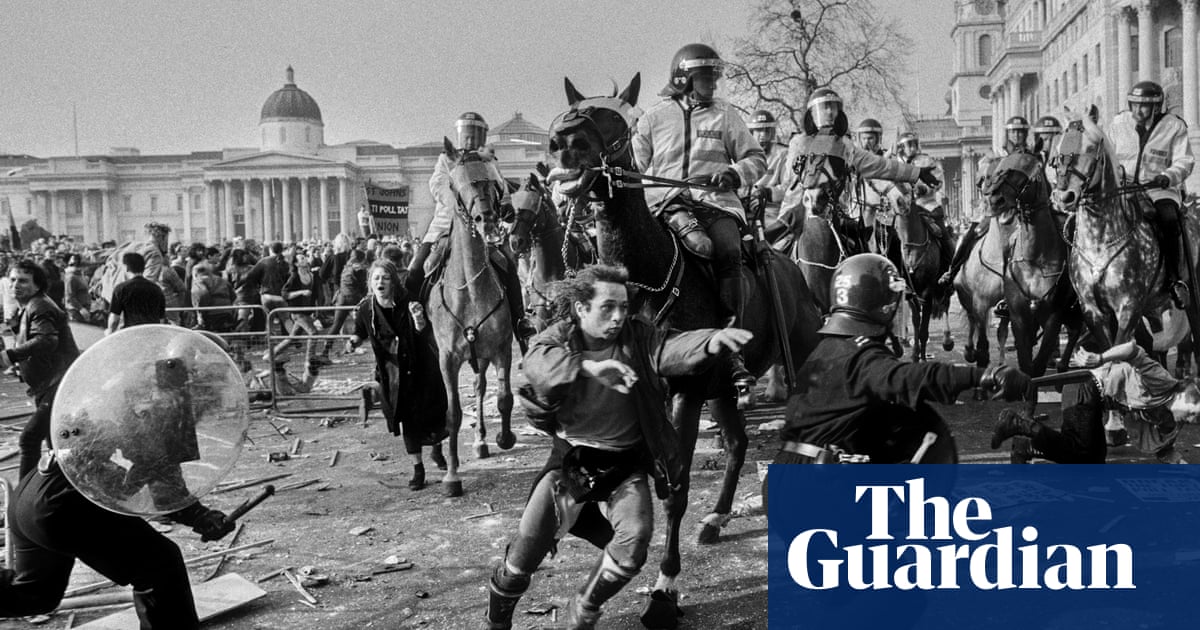
"Nearly all protests arise from a desire to alert the public to perceived injustices, with varying degrees of success in achieving their aims."
"Coverage in the media plays a crucial role in the success of protests, heavily influenced by the political leanings of newspapers and broadcasters."
"From the suffragettes of the early 20th century to current protests, the landscape of activism in Britain has consistently sought to address issues of injustice."
"Many marches, including those against the Iraq War and recent demonstrations related to Gaza, highlight the persistent significance of protest within British society."
Protest has served as an essential component of British society, manifesting from the suffragettes in the early 20th century to contemporary demonstrations against wars and social injustice. Those involved in activism seek to illuminate perceived wrongs, achieving both swift and long-term successes that have transformed lives. Media coverage is critical to the impact of protests, significantly influenced by the political orientations of news outlets. While some protests fail to gain attention, others rally substantial public support, reflecting a deep-rooted tradition of activism and societal engagement.
Read at www.theguardian.com
Unable to calculate read time
Collection
[
|
...
]